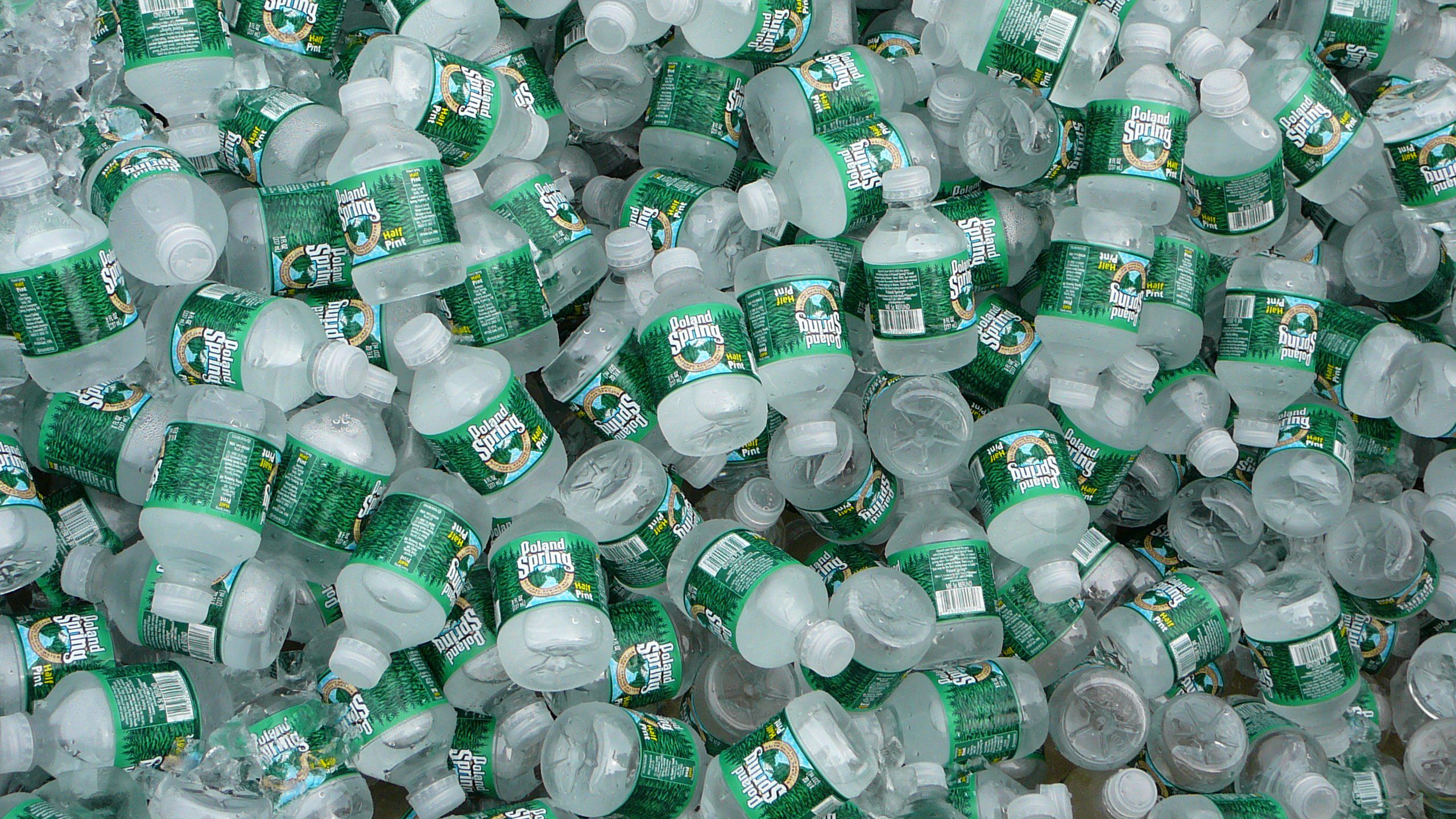A bill that would have limited the length of contracts between bottled water companies and municipalities to 10 years was voted down this week, rejected by both the Maine House and Senate.
House members voted 92-42 against L.D. 1111 earlier in the week; it died after a 21-12 vote in the Senate on Thursday.
When it was introduced last year, the bill, sponsored by Rep. Maggie O’Neil (D-Saco), proposed limiting contract terms between utilities and extraction companies to no longer than three years.
It would also have required every municipality in a watershed to vote on extraction contracts — a dramatic shift in how the state regulates groundwater.
The voting provision was later jettisoned after state officials and lawmakers worried about the size of watersheds (some, like the Penobscot River, cover huge portions of the state) and how they would determine which communities fall within their boundaries, and the contract limit was increased to 10 years.
Advocates said the bill was necessary to protect a precious resource under threat in a changing climate. While Maine is projected to get warmer and wetter in the coming decades, the state will also likely see increasing periods of drought, particularly in the summer and fall. That may lead to periods of imbalance, and shifts in the time of year when the water table is highest.
“We must stop selling ourselves short, assuming that there will be ample healthy water, and letting bulk water extractors take our most precious resource,” Fryeburg resident Nora Schwarz told a committee considering the bill last year.

The issue of contract limits is a familiar one in Fryeburg, where advocates challenged a 25-year contract between Poland Spring and the local utility on the grounds it overstepped the district’s charter and limited future oversight. The state’s highest court sided with Poland Spring in the case in 2016.
The failure of the bill comes as the town of Lincoln considers entering into a contract with Poland Spring that would allow the company to draw up to 175 million gallons of water a year for 20 years. The contract would then have the option for five consecutive five-year renewals that would have to be approved by both the company and the district.
The superintendent of the Lincoln Water District testified against L.D. 1111 last spring, arguing that current state regulations were sufficiently protective and the bill would take away local control.
Of the state’s 152 water utilities, five — North Berwick, Rumford, Lincoln, Kingfield and Fryeburg — have large-scale extraction permits, according to testimony from David Braley, director of the telephone and water division of the Maine Public Utilities Commission. Of those, four require what’s called a “bulk water transport permit,” which expires every three years. Four of the five permits are held by Poland Spring.







